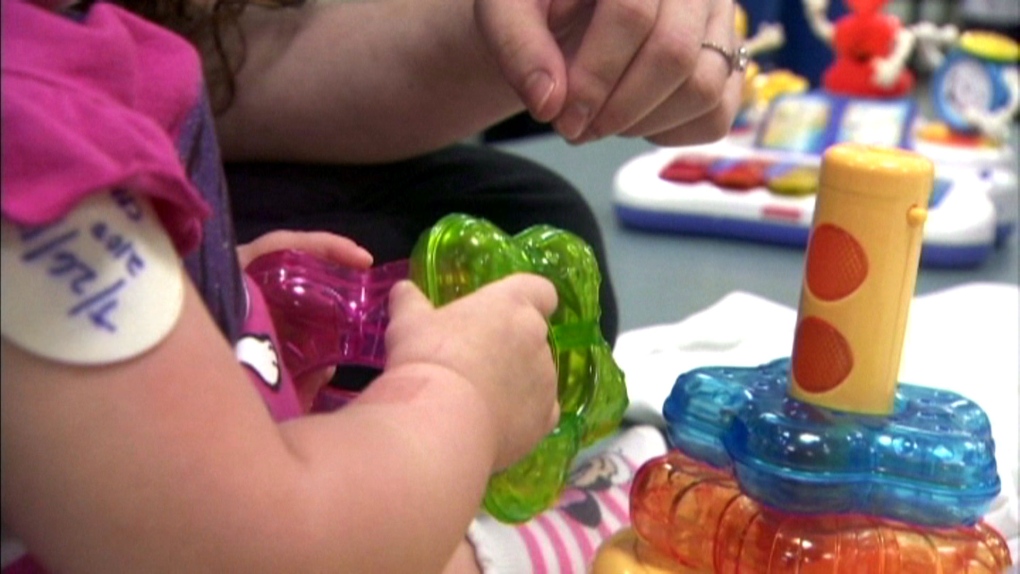Cross-Canada autism study looking for Manitoba children to participate

A new cross-Canada project is looking for children living with autism in the province to participate in a new study that will determine why some children do better than others and create a national best practice guide for treatment.
The Pediatric Autism Research Cohort (PARC) study will gather data from newly diagnosed children across the country, including here in Winnipeg, and researchers hope to recruit 150 children.
“What we want to do is follow the children from the time they’re diagnosed over the next few years until they’re eight,” said Dr. Ana Hanlon-Dearman, medical director of the Child Development Clinic.
Families will regularly fill out questionnaires about the symptoms children are facing, and treatment they’re receiving and through regular dialogue, researchers hope they’ll be able to determine the factors that allow one child to do better than another child. They will then use that information to develop a Canada-wide best practice for autism treatment.
“Then we can really advocate for those services and personalize them,” said Hanlon-Dearman.
The symptoms of Autism Spectrum Disorder can be varied in children and the causes are not known.
“Some kids will talk, some won’t, and some are in between,” said Hanlon-Dearman, adding that the number of children being diagnosed is on the rise.
“Twenty, 25 years ago, I would have seen maybe 40 kids in the course of an entire year be diagnosed with autism,” said Hanlon-Dearman. “And in the last year we saw well over 600 children.”
People working with children living with autism say they’ve seen the increase firsthand.
The Autism Learning Centre has been in operation for 15 years, and offers a wide variety of supports to parents, including one for pre-school aged children.
“It’s a parent participation class run by an early childhood educator,” said Executive Director Demetra Hajidiacos. “We get our students ready for their first experience in the school setting.”
If you’re interested in taking part, you’re asked to contact Hanlon-Dearman’s research assistant Amina Butt by email at abutt@rccinc.ca
View original article here Source




